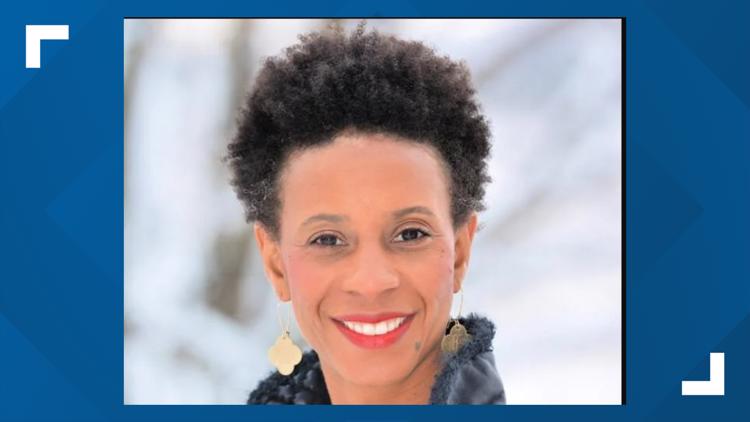ST. LOUIS — Out of 20 years of literature regarding menopause symptoms, only 17 academic papers explore how this condition affects Black women, according to Dr. Makeba Williams, a Washington University physician who specializes in OB/GYN with expertise in menopause care.
“We embarked upon this review of the literature to under better understand the African American woman's experience in menopause,” Dr. Williams said. “There has been much written of late about, um, how Black women are doing with regards to their maternal health, and yet we know that life doesn't stop just after you have a baby.”
“I think what was really striking is that we know that for some of the more bothersome symptoms and complaints that are often expressed, hot flashes and night sweats, Black women experience them longer,” Williams said.
Dr. Williams published a literature review of African American women’s experiences in menopause in the journal, “Menopause.” She and the review team determined that African American women have more menopausal symptoms and experience them for more years when compared to White women.
“My co-authors and I reviewed more than 20 years of literature to understand how Black women were expressing their symptoms, what their experience was in menopause, and what we found is that there are a whole variety of symptoms that women experience but may experience them differently than how white women or other racial and ethnic minority women experience them,” Williams said.
African American women are half as likely than White women to use hormone therapy to manage their menopausal symptoms, which highlights the question of how treatment options are discussed or offered to African American women, according to a statement.
“I think what was really striking is that we know that for some of the more bothersome symptoms and complaints that are often expressed, hot flashes and night sweats, Black women experience them longer,” Williams said.
The average duration or median duration for these symptoms is about 10 years versus White women who experience them 6.5 years, according to the OB/GYN doctor.
“In addition to having a longer duration, there's a higher prevalence, so about an 80% prevalence amongst Black women,” she said. “When we rate how bothersome they are, Black women would say that they are experiencing them more severely.”
Dr. Williams determined that African American women experience distinct differences in physical, psychological, social, and quality of life measures during menopause.
“Overall, this tends to lead to a poor quality of life and poorer health status, so this becomes pretty problematic as we also found that African American women are less likely to be offered treatment for these menopausal symptoms,” she said.
“There is a complex interplay there, so we reviewed both quantitative data and qualitative data. I really want to drive home that there is a complex interplay because we certainly don't want to blame this lack of treatment on African American women, but how African American women might approach this period, or how they think about their symptoms may be very different.”
According to the data, African, African American women are less likely to initiate discussions about their menopausal health.
“[Medical professionals] are less likely to hear about the concerns, so we need to sort of shift our focus and help healthcare providers recognize that there is not a universal menopausal experience,” Dr. Williams said.
Dr. Williams went on to say awareness about the unique menopause experiences of African American women is critically important to improve the health of this underserved population.
To solve the problem, Dr. Williams talks about how African American women need to be represented in the literature.
“We are making efforts right here in St. Louis,” she said. “I am new to WashU, and I am starting a menopause clinic, so we will look to better understand the experiences of African American women and make sure that they are represented in the research that is being conducted on menopausal health and health outcomes.”
The menopausal clinic was launched at The BJC Center for Advanced Medicine on January 6, 2023.


